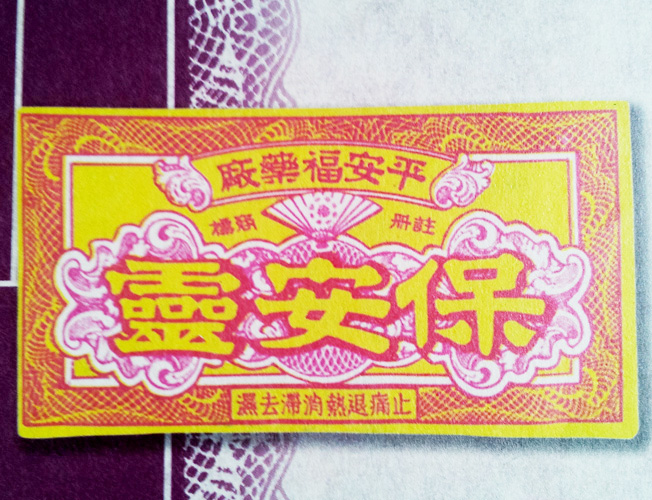Western medicine and modern science have long viewed practices like traditional Chinese medicine (TCM) with a sense of mystery and skepticism. Now though, an innovative digital tool is breaking new ground when it comes to the scientific understanding of TCM.
The tool maps relationships between disease symptoms, underlying genes, interactions between proteins, and over 1,200 TCM herbs. By tracing these connections, researchers are able to predict the effectiveness of various herbal medicines.
So far, the tool is delivering some impressive results, which are being validated using data from nearly 2,000 patients at a TCM hospital.
“To our knowledge, this is the first scientific theory to explain how a traditional medicine system works,” said Xiao Gan, a researcher at the Nanjing University of Information Science and Technology in China, and lead author of the study.
“Our work is primarily theoretical at this stage,” he added. “While we’ve uncovered some scientific principles behind TCM, we have much more to learn before this can inform clinical practice.”
The researchers took 174 symptoms that are connected to at least 20 different genes, then mapped those symptom-gene relationships onto a model of 18,505 protein interactions in the human body. Ultimately, researchers were able to assign scores to predict how well an herb might relieve a given symptom, based on which proteins it targets.
Although the framework is promising, experts caution that further validation is needed before the tool’s predictions can influence clinical practice.
“While it is interesting to translate the traditional thought processes into analytical models more well understood by western medicine, and it draws upon both expert opinion and inpatient data from a traditional Chinese medicine hospital, the model is not meant to demonstrate effectiveness for each individual herb,” said Dr. Marilyn Hill of Dartmouth Hitchcock Medical Center.
Nonetheless, the model may be the biggest step in recent years towards offering a comprehensive scientific framework to understand TCM modalities.
For more traditional Chinese medicine tips for the cold season, check out our recent article “7 Legendary Herbal Remedies Found in Every Chinese Home”
Image via Unsplash



















